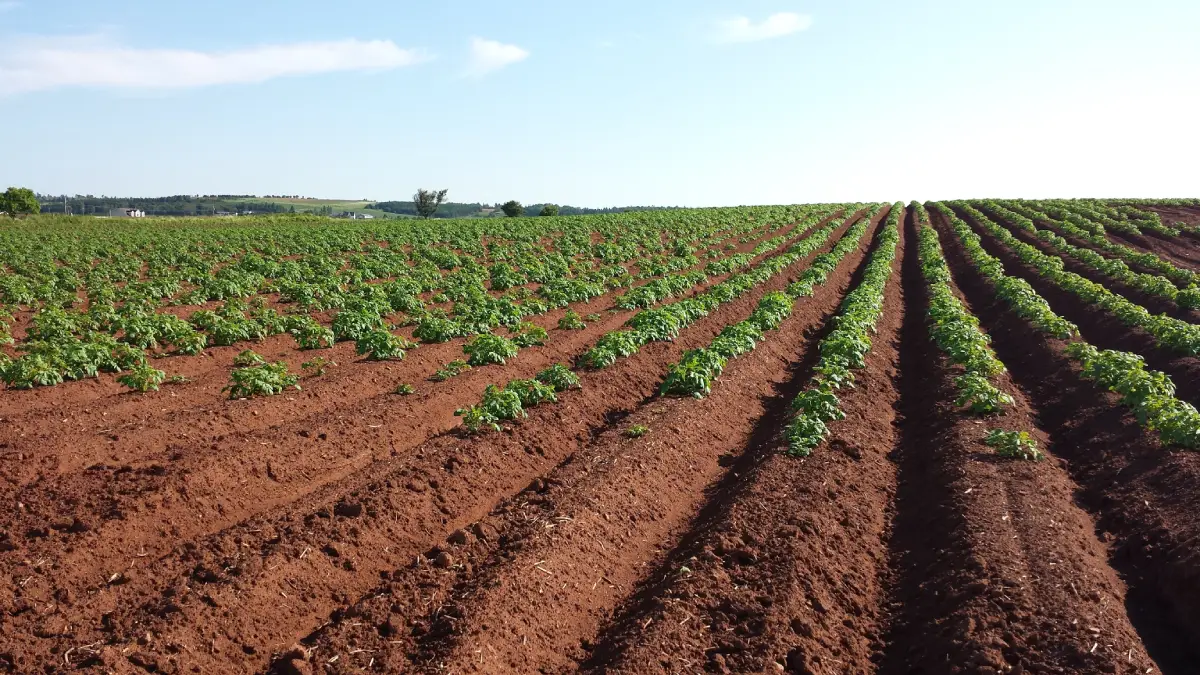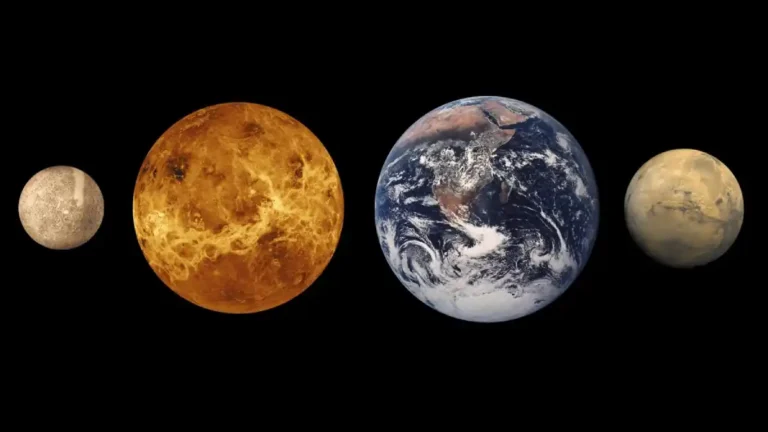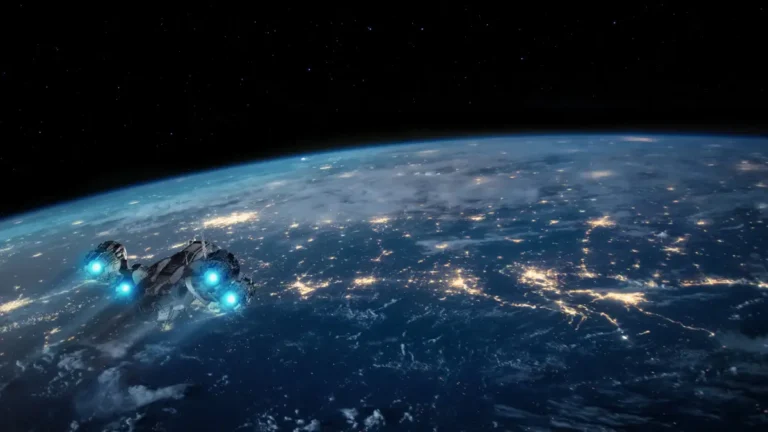The Future Belongs to the Sweaty Redneck
Herbert Hoover is one of the most misunderstood U.S. presidents to ever sit behind the Resolute Desk. His time in office was cursed by timing—the global economic hangover of 1929 hit just as he inherited the wheel. Naturally, the Great Depression bears his name like some tattoo of shame history slapped on him at gunpoint. Entirely undeserved, of course.
Hoover, lest we forget, was not some lawyer-turned-career-liar. He was a mining engineer. A man who understood rocks, sweat, and consequence. And the man behind one of the most human quotes in the entire crusty library of presidential utterances:
“I am proud to have been born in Iowa. Through the eyes of a ten-year-old boy, it was a place of adventure and daily discoveries—the wonder of the growing crops, the excitements of the harvest, the journeys to the woods for nuts and hunting, the joys of snowy winters, the comfort of the family fireside, of good food and tender care.” —Herbert Hoover
This post first appeared in 2019, back when I still entertained hope that rational arguments might sway public sentiment. I’ve since remastered it—sharpened the edges, clarified the threat, and realigned it with the Grimwright ethos: use what works, discard the rest, and always—always—question the narrative. The date remains unchanged as a historical marker. The content does not.
Damn straight—I love this quote. It’s honest. It smells of bark, firewood, and real food. Not a whisper of ESG metrics or decarbonization targets in sight.
Contrast that with today’s ruling class—politicians and megabureaucrats who treat energy like a rabid dog that must be muzzled, beaten, and finally euthanized in the name of planetary salvation. They hate energy not because it’s bad, but because they have no earthly idea how it actually works. To them, it’s a pollutant, not a prerequisite for civilization.
Our elites are now proudly illiterate in anything resembling hard reality. I once had the cosmic displeasure of meeting Vienna’s so-called “Energy Czar.” Charming fellow, couldn’t tell methane from propane. And no, this wasn’t some random guy on the tram. This was the guy, the one the city pays to supposedly understand energy policy. Kafka would’ve called it too on-the-nose.
Hoover’s Iowa-soaked memory reminds us that once upon a time, reality had the final say. That nature—fickle, cruel, beautiful—was something to live with, not regulate into submission.
That quote? It’s not just nostalgia—it’s the backbone of an entire ethos. It captures the ultimate American virtue: adapting to the land, honoring the cycle of the seasons, making the best of what you’re given—and doing it all again next year.
The American farmer, forgotten and mocked as he may be today, was the archetype of American greatness. A human who understood that sowing comes first. You don’t harvest what you don’t plant. You don’t eat unless you labor. And if you screw around during sowing season, you better get used to the taste of boiled regret come winter.
Now contrast that with the mindset of your average oil state—especially the NOPEC darlings. Oil to them is not the fruit of labor, but manna from the heavens. A divine welfare program oozing from the ground. No sowing required. Just sit back, collect royalties, and pretend that you somehow earned it.
These are not nations. They are vending machines with flags. They don’t build, they don’t innovate, they don’t evolve. They consume until the carcass is picked clean. Then they collapse and cry foul. Rinse and repeat.
It’s a rentier mindset. Those in charge don’t just lack skin in the game—they’re allergic to it. When the entire system runs on resource luck, nobody ever has to be right. The oil covers the incompetence. Until it doesn’t.
Thomas Sowell nailed it when he warned: “It is hard to imagine a more stupid or more dangerous way of making decisions than by putting those decisions in the hands of people who pay no price for being wrong.”
Rentier states are locusts. But here’s the real horror—this mentality has metastasized. It’s now infecting once-productive, builder societies in the form of ESG zealotry and green utopianism. New costumes, same death spiral.
The business models follow suit. Why build lean and resilient when you can dream big, gamble big, and pray for oil gods to smile on your megaproject? Oil projects today are grotesque, decade-long bets with soul-crushing lead times. They rely on oil to keep flowing like divine income for decades just to pay back the mountain of capital shovelled into the abyss.
And for a long time, that model worked. Traditional oil only skimmed the surface—tapped the low-hanging fruit. Herculean up-front effort followed by years of passive cash flow. Nodding donkey pumps doing their eternal bobblehead routine while executives counted barrels and bonuses.
But the good times are on life support. Bureaucracy, ESG voodoo, and trader-driven madness have made megaprojects into zombies. Globalism’s funeral march just started, and these giants won’t outlast the choir.
Of course, not every traditional oil project is dead—or dying. But the mindset is. The rot is in the head. And that head still dreams of casino riches.
I’ve dabbled in many industries—law, tourism, security, energy. But nowhere have I encountered as many creative scams as in oil. The scripts are always the same:
“I know a guy who knows a guy who can get you into a cargo deal…”
Yeah. And I have brunch with unicorns in sequined tank tops.
But as I wrote earlier in this series: easy oil is over. The Casino Model persists like a cockroach in a fallout shelter, but its days are numbered. Most people still hope for the Lucky Strike—the Big Hit that solves everything overnight. It’s human nature. But it’s also a trap.
The future belongs to the farmer model. What I like to call “oil field milking.” You don’t strike it rich—you earn it. You study your acreage, learn its quirks, test how external factors affect flow, and then you coax it—gently, firmly, yearly. Re-stimulate. Reassess. Reap.
Which brings us to shale. Shale is chaos—productive, brutal, brilliant chaos. It’s a battleground of small and mid-sized players who can’t afford stupidity. They either innovate or die. No subsidies. No big-boy bailouts.
Shale is constant motion. Develop the well. Frac it. Milk it. Refrac or stimulate it again. It’s not waiting for the market—it’s dancing with it. The price dips? Tighten your belt. Sell some scrap. Get lean. Keep going.
Shale is oil’s version of antifragility. The more it’s hit, the tougher it gets.
This isn’t old-school engineering. It’s software thinking. It’s SpaceX. Break things. Fix them. Fly anyway.
Forget the nodding donkeys. Shale demands that you know every creak, cough, and whisper of your well. You build instinct—the German Fingerspitzengefühl—for each site. Like a farmer who knows when his soil’s sulking and which corner of the field needs extra lime.
Enter AI. One well can spit out terabytes of data in days. No human can chew through that alone. So we feed it to machines. Models emerge. Patterns show up. Maintenance is now predictive. Optimization becomes tailored, not templated.
A shale farmer is a mechanic, a coder, a geologist, and a gambler—all rolled into one. There’s no time for corporate retreats or vision boards. Either your well works or it doesn’t. Either you eat or you starve.
It’s farming. Brutal, data-soaked, real-time farming. Nothing is wasted. Everything has potential value. Big Oil flares gas and shrugs. Farmers capture it and sell it. Permaculture in boots and grease.
They live with weather. They think in decades. They test small tweaks, cut failures quickly, and scale what works. They know biology and geology. And they don’t care what politicians say on LinkedIn.
Like every industrial shift, this one will spill rivers of corporate blood. Startups will rise and fall. Some will be laughably bad. But a few will strike gold—not in the ground, but in the method.
No, traditional oil won’t vanish tomorrow. Zombie industries have a way of stumbling on for decades. Occasionally, they even innovate just enough to stay semi-relevant. But the future belongs to the dirt-streaked redneck in the shale patch—not the Rolex-wearing boardroom ghost sipping Evian in Riyadh.
The real oil men and women of tomorrow? They’re not in Davos. They’re the sweaty operators tuning hydrocarbon separators in low orbit over Venus.
Different tech, same mindset:
Use what you have.
Adapt to the cycle.
Repeat forever.
Oil farming isn’t just a metaphor anymore. It’s the ethos of energy’s next frontier.
Because when you’ve got lemons—and apparently, not much else—you make fuel. And maybe a bit of lemonade too.




